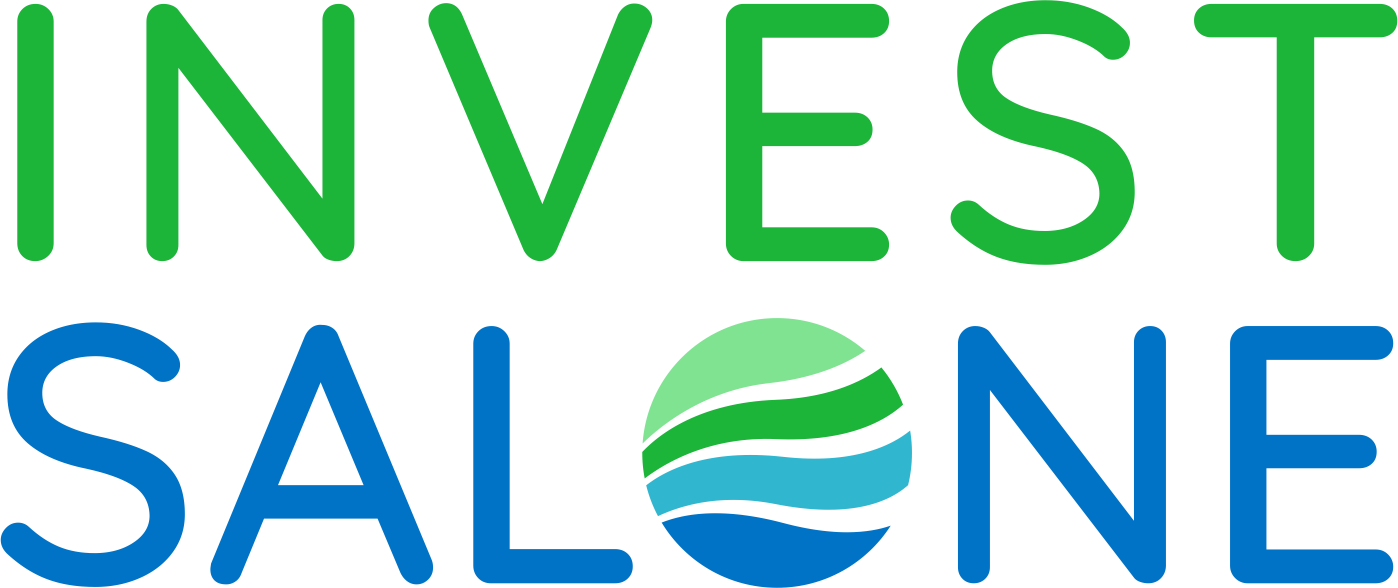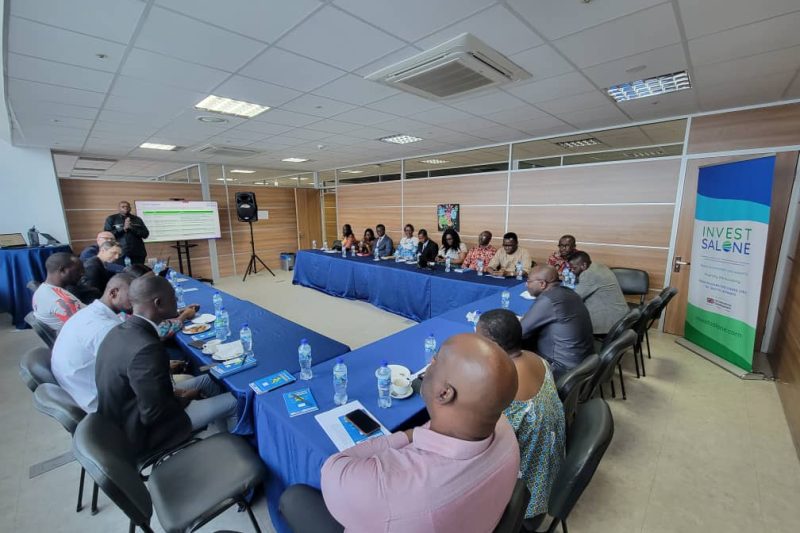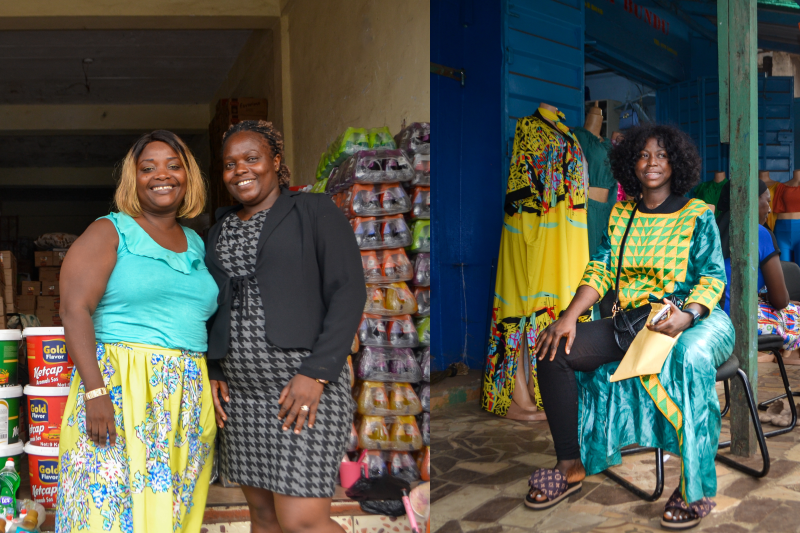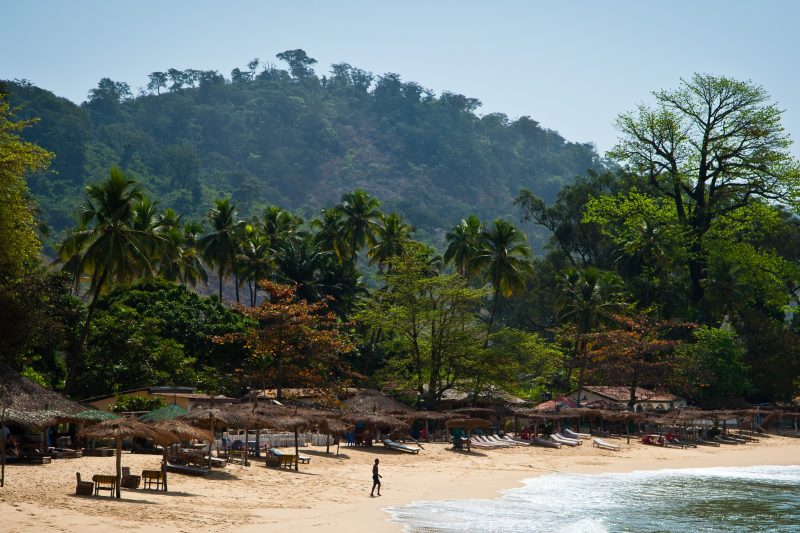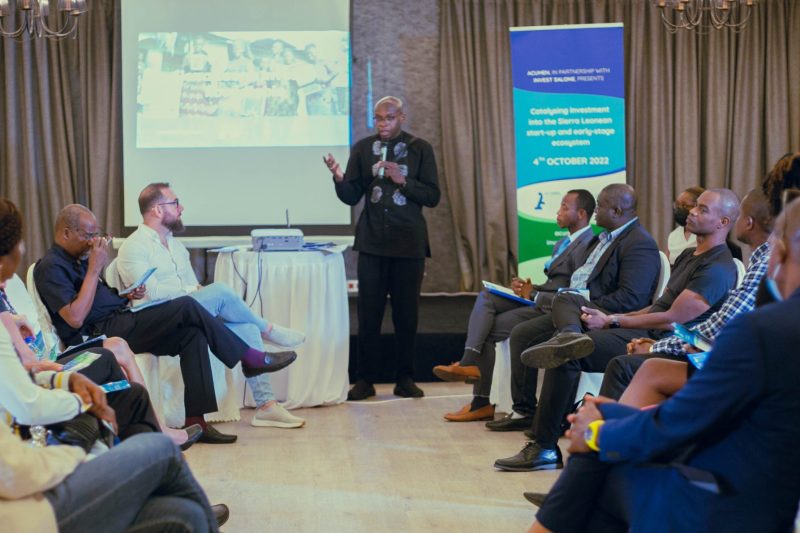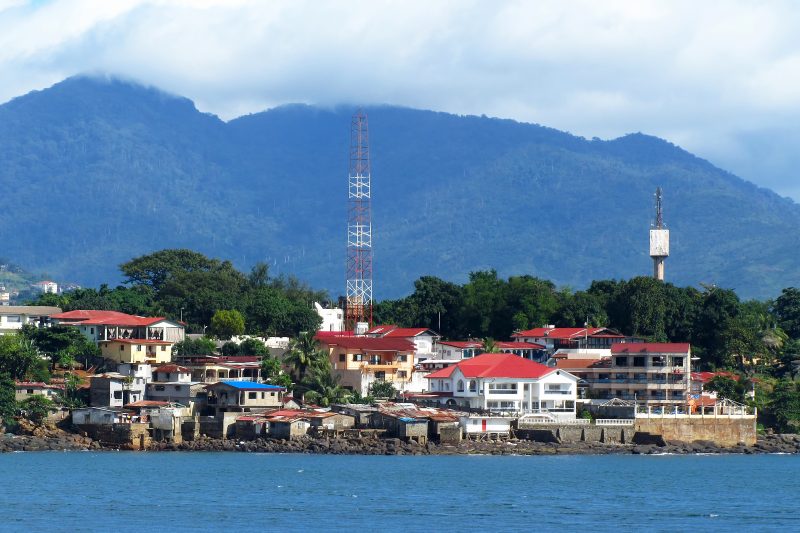A new case study of Sierra Leone’s carbon sector, which features in a recently published report on climate finance, highlights the sector’s considerable potential but stresses the urgent need for a carbon policy and regulatory framework, to ensure credible international investment.
The case study was written by Christina Clark-Lowes, Deputy Team Leader and Investment Lead of Invest Salone, a UK government-funded private sector development initiative. It appears in Accelerating Climate Finance – a compilation of expert analysis and case studies from the British Expertise International Climate Finance Working Group, which is intended to help inform decision-making around the role of climate finance in supporting mitigation and adaptation.
Clark-Lowes’ piece draws on Invest Salone’s recent comprehensive situational analysis of Sierra Leone’s carbon market1. This maps the existing landscape, analyses existing and future opportunities and challenges, and provides detailed recommendations for actors in the carbon market.
Adding context to the study is Invest Salone’s support for a ‘blue carbon’ project on the conservation of mangrove forest in the Sherbro River Estuary (SRE). The SRE project is the first of its kind in West Africa and serves as a blueprint for offsetting carbon emissions through implementor-led programming.
The Sherbo River Estuary project is implemented by West Africa Blue, a developer of blue carbon projects in West Africa, which received funding through Invest Salone’s PROSPER grant scheme. In partnership with SRE communities, West Africa Blue is working to reduce mangrove deforestation, increase conservation and biodiversity targets, and restore and maintain critical carbon sinks through restoration and afforestation.
Clark-Lowes says that Sierra Leone has incredible potential to establish a viable carbon market that reduces deforestation, supports local and indigenous community livelihoods, provides sustainable climate financing and reduces greenhouse gas emissions. According to Clark-Lowes, “There are key actions that can provide project implementors with the confidence they need to continue to invest in the country. These include ensuring that benefits for local communities are realised and their rights are respected; consulting widely around all policy, regulatory and operational decisions; building capacity; and ensuring clarity and transparency on how carbon revenue will be taxed to support continued long-term investment.”
1 The situational analysis will be available on Invest Salone’s website from late December.
PROSPER Salone is a grant-matching facility targeting investors and aiming to reduce the costs and risks of doing business in Sierra Leone. An overview of PROSPER Salone and information on the activities of previous grantees can be found on the Invest Salone website.
